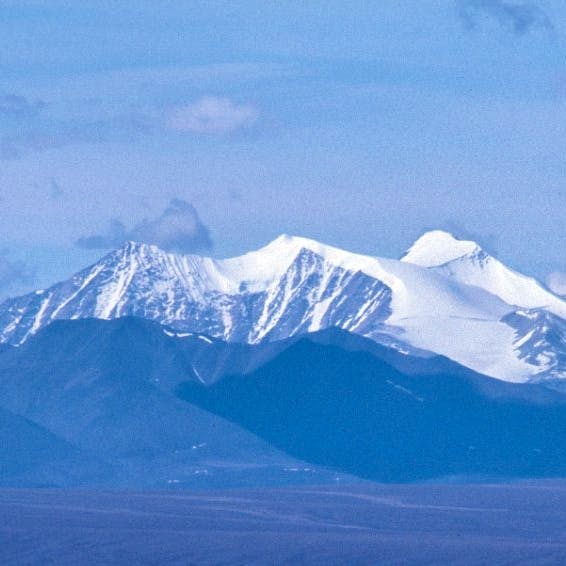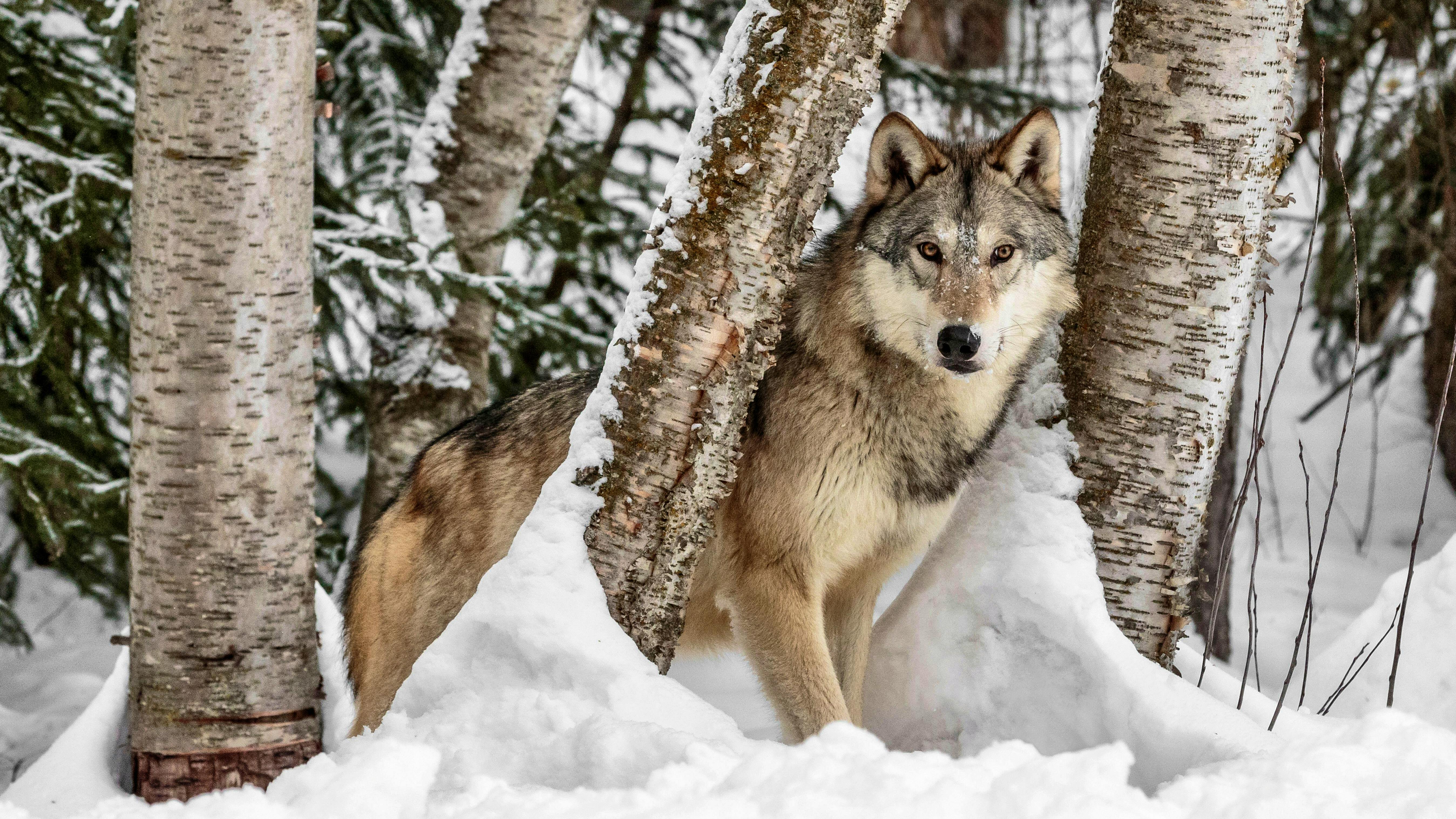Summary:
- Each year in the United States, there are 725,000 to 1.5 million animal-vehicle collisions, which result in over 200 human deaths, 29,000 human injuries and more than $8 billion in costs.
- The number of collisions with wildlife can be reduced by slowing speeds, increasing the time a driver has to react to an animal in the road.
- Representative Curry and Senator Schwartz’s creation of wildlife crossing zones in HB 1238, which reduces speed limits and may doubles fines for speeding similar to construction zones, will increase driver awareness and encourage responsible decisions on the road.
Governor Ritter today signed HB 1238, Wildlife Crossing Zones Traffic Safety Bill, into law in Vail, Colorado. The following are statements from groups who worked in coalition to pass the bill:
“Wildlife plays an integral role in Colorado’s natural heritage, and provides a reliable source of tourism dollars for the state. Helping animals safely cross roads is crucial to maintaining healthy wildlife populations into the future,” said Caitlin Balch-Burnett, Colorado outreach representative for Defenders of Wildlife.
“As wildlife move in response to climate change and increasing habitat fragmentation, one of the first barriers they will confront are roads,” said Monique DiGiorgio, conservation strategist for Western Environmental Law Center. “HB 1238 is seminal legislation that will slow drivers down in critical movement corridors, thereby increasing driver reaction time and reducing collisions with wildlife. It is a model for the nation and WELC is thrilled to have played an instrumental role in its passage.”
"By reducing speeds and alerting motorists to the risk of migrating wildlife, this Act will protect our state’s natural resources and save lives,” said Bethany Gravell, executive director of Center for Native Ecosystems. “We hope this legislation will raise awareness of the need to protect natural passageways that allow wildlife to stay off roads and move safely within their habitat.”
“It brings tears to my eyes to think of all the human and animal lives that will be saved by this important bill,” said Frosty Merriott, the Carbondale Town Trustee who initiated the legislative effort. “Passing this bill was truly a team effort, thanks to the Division of Wildlife, Department of Transportation, and the State Patrol, and I am so grateful for the hard work and perseverance shown by Representative Curry and Senator Schwartz.”
Read the full Wildlife Crossing Zones Traffic Safety Bill.
Learn more about how Defenders is working to make roads less dangerous for wildlife.
Contact(s):
Caitlin Balch-Burnett, Defenders of Wildlife, (303) 825-0918Monique DiGiorgio, Western Environmental Law Center, (406) 451-0051
Bethany Gravell, Center of Native Ecosystems, (303) 546-0214
Defenders of Wildlife is dedicated to the protection of all native animals and plants in their natural communities. With more than 1 million members and activists, Defenders of Wildlife is a leading advocate for innovative solutions to safeguard our wildlife heritage for generations to come. For more information, visit www.defenders.org.
The Western Environmental Law Center works to protect and restore the West’s native wildlife and wild places and advocates for healthy environments on behalf of communities throughout the West. WELC is building on its decades of success in the courtroom responding to environmental threats by providing legal support and strategic thinking outside of the courtroom to other conservation organizations and local communities working to forge collaborative solutions to the West’s most urgent environmental issues. For more information, visit www.westernlaw.org.
Center for Native Ecosystems works to protect and recover the native biological diversity of the Greater Southern Rockies. Its efforts have protected over 1.5 million acres of habitat for endangered plants and wildlife. Please visit www.nativeecosystems.org to learn more.
The TransWild Alliance is a coalition of conservation advocacy organizations dedicated to reducing the impacts of highways on wildlife and natural resources. To learn more, visit www.transwildalliance.org.
For over 75 years, Defenders of Wildlife has remained dedicated to protecting all native animals and plants in their natural communities. With a nationwide network of nearly 2.1 million members and activists, Defenders of Wildlife is a leading advocate for innovative solutions to safeguard our wildlife for generations to come. To learn more, please visit https://defenders.org/newsroom or follow us on X @Defenders.
News

Defenders Slams Trump Interior Pick Burgum

